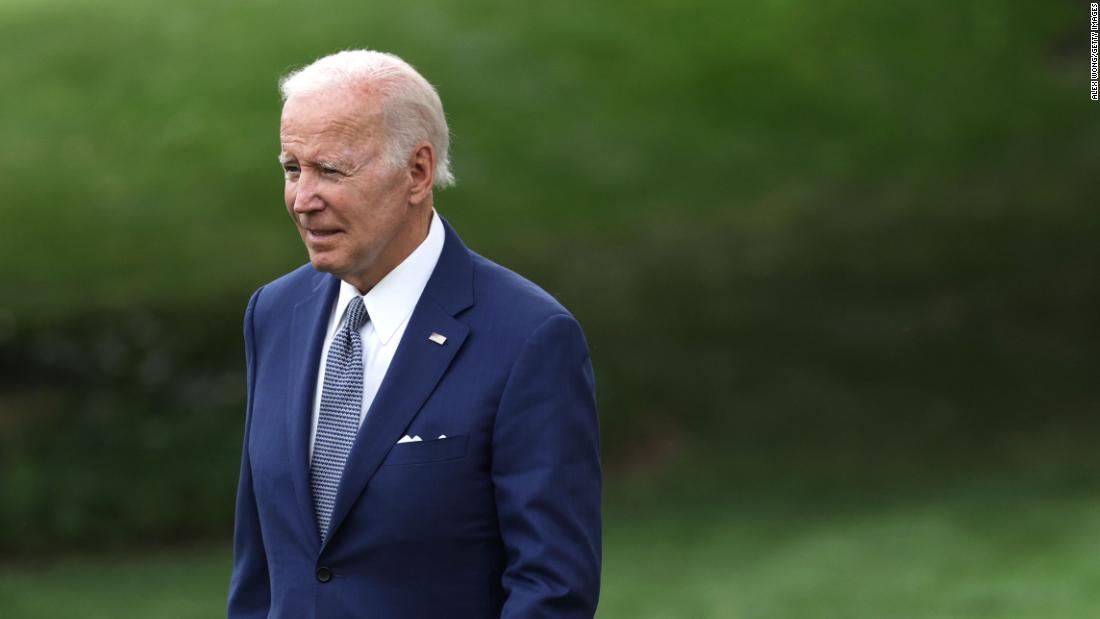
Sure, Biden as a presidential candidate may have said that Saudi Crown Prince Mohammed bin Salman’s kingdom was a “pariah” for sending operatives to Turkey who murdered the US-based journalist Jamal Khashoggi, dismembering him in the Saudi Consulate in Istanbul in 2018, according to a US intelligence report. (The Saudi Foreign Ministry reacted to that report, saying it “completely rejects the negative, false and unacceptable assessment … pertaining to the Kingdom’s leadership, and notes that the report contained inaccurate information and conclusions.”)
Not only that, MBS’ feckless intervention spectacularly backfired; instead of ridding Yemen of Shia Houthi rebels, they are now even more entrenched in the country and are today aligned with Iran, which supplies them with missiles and drones that have repeatedly targeted Saudi Arabia as well as its close ally the United Arab Emirates.
He arrested scores of Saudi Arabia’s top businessmen, accusing them of corruption. They were detained in the Ritz-Carlton hotel in Riyadh, and after more than $100 billion reportedly was obtained in settlements from them, the majority of them were released in what must be the most expensive hotel tab in history.
In March, the regime carried out a mass execution of 81 men, Saudi authorities said, Reuters reported. According to Human Rights Watch, 41 of the men belonged to the kingdom’s Shia minority group who are sometimes imprisoned or executed simply for taking part in protests. (Saudi Arabia denies accusations of human right abuses, according to the Reuters report.)
But now high gas prices are contributing to the worst inflation in the United States in four decades. So, Biden will go to Riyadh and meet with MBS. The Crown Prince will no doubt ensure that there are well-publicized images of his meeting with the US President.
Every US president since Franklin Delano Roosevelt has made similar calculations of the kind that Biden is making about the House of Saud. Sure, the Saudi monarchs may be despots — slavery was only officially abolished in the kingdom in 1962, and MBS granted women the right to drive four years ago — but Saudi Arabia is one of the world’s top oil producers and has around a sixth of the world’s proven oil reserves, which means that the Saudis can open up the taps and let the price of oil fall, or they can close the taps and the price of oil will rise.
Relations between nations are based on shared interests, and the US-Saudi relationship is bound up not only with ensuring a steady supply of reasonably priced oil but also with counterterrorism initiatives and efforts to try and contain Iranian influence in the region. For successive American governments, these interests have tended to trump any concerns about the Saudis’ generally dismal human rights record.
This calculus about the Saudis was well-described by then-President Barack Obama, who told CNN in 2015, “Sometimes we have to balance our need to speak to them about human rights issues with immediate concerns that we have in terms of countering terrorism or dealing with regional stability.”
As long as the US economy remains deeply tethered to hydrocarbons — aircraft, for instance, won’t be flying on electric batteries anytime soon — and as long as the Saudis sit on an ocean of oil, this calculus will surely continue. And MBS is 36 so he could rule over Saudi Arabia for decades to come.
To be sure Biden is not embracing the Crown Prince in the same obsequious manner that former President Donald Trump did. Trump made his first overseas visit as President to the kingdom and strongly endorsed the subsequent Saudi blockade of its neighbor Qatar, even though Qatar houses the largest US military base in the Middle East, which was then playing a key role in the wars against ISIS and the Taliban.
Trump also pulled out of the Iranian nuclear deal, a key Saudi foreign policy goal, even though that deal was working, according to international inspectors and US intelligence agencies.
Trump’s son-in-law, Jared Kushner, who was effectively the President’s shadow secretary of state, led the administration’s campaign to cozy up to MBS, whom he texted with regularly on WhatsApp.
Kushner’s cultivation of the Crown Prince would eventually provide a handsome payday. Six months after the Trump administration left office, against the advice of its advisers, Saudi Arabia’s sovereign wealth fund, which is led by MBS, invested $2 billion in Kushner’s equity fund, according to The New York Times.
Unlike Trump/Kushner, however, Biden is not a complete patsy for Saudi interests. When Biden came into office, his administration ended the Trump White House’s designation of the Houthis as a terrorist organization, which was complicating aid efforts to the Yemenis, hundreds of thousands of whom have died of disease or malnutrition because of the civil war.
On his trip to Riyadh, Biden will surely also have his requests of the Saudis, such as maintaining a recently negotiated fragile truce in Yemen, which is now more than three months old. Another ask will be encouraging closer ties with Israel, which would likely fall far short of any formal recognition of the Jewish state but could involve confidence-building measures such as allowing planes flying to and from Israel overflight rights in Saudi airspace.
And, of course, Biden’s main goal will be getting the Saudis to help bring down oil prices, which they already began to do in a modest manner in May.
But MBS will also get what he wants, which is a well-publicized meeting with the US President, demonstrating to the world that his kingdom is no pariah.
